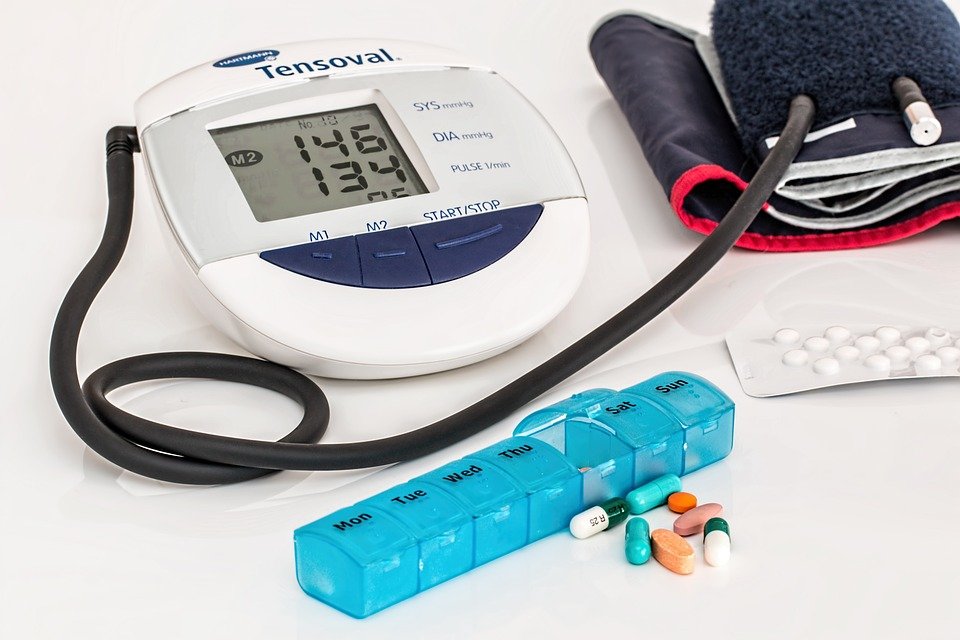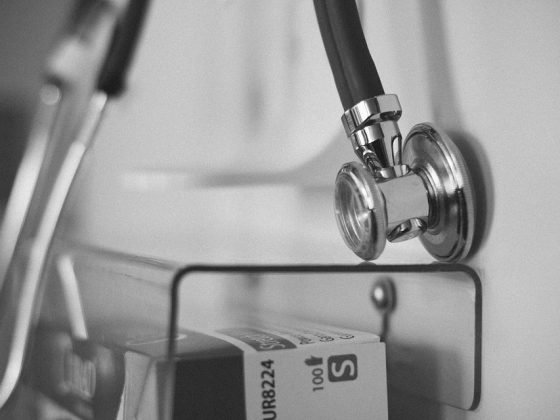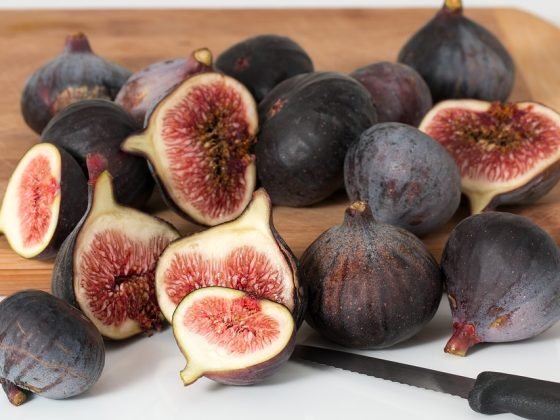When it comes to maintaining optimal health, one of the most important factors to consider is nutrition. The food we eat plays a crucial role in how our bodies function and can have a profound impact on our overall well-being. In this article, we will explore the basics of nutrition and provide tips on how to fuel your body for optimal health.
What is Nutrition?
Nutrition is the process by which the body obtains and uses the nutrients it needs to function properly. Nutrients are substances found in food that provide energy, promote growth and repair, and regulate bodily functions. There are six main categories of nutrients: carbohydrates, fats, proteins, vitamins, minerals, and water. Each of these nutrients plays a unique role in supporting our health and well-being.
Why is Nutrition Important?
Proper nutrition is essential for maintaining overall health and well-being. A balanced diet that includes a variety of nutrient-rich foods can help prevent chronic diseases, support healthy growth and development, and boost the immune system. On the other hand, poor nutrition can lead to a variety of health problems, including obesity, heart disease, diabetes, and malnutrition.
Tips for Fueling Your Body for Optimal Health
1. Eat a Variety of Foods
One of the keys to a healthy diet is variety. Eating a wide range of foods ensures that your body gets all the nutrients it needs to function properly. Aim to include a colorful mix of fruits, vegetables, whole grains, lean proteins, and healthy fats in your meals.
2. Limit Processed Foods
Processed foods, such as sugary snacks, fast food, and packaged meals, are often high in unhealthy fats, sugars, and artificial additives. These foods can contribute to weight gain, inflammation, and other health problems. Try to limit your intake of processed foods and opt for whole, nutrient-dense foods instead.
3. Stay Hydrated
Water is essential for a wide range of bodily functions, including digestion, circulation, and temperature regulation. Drinking an adequate amount of water each day helps to keep your body hydrated and functioning optimally. Aim to drink at least eight glasses of water a day, and more if you are physically active or in hot weather.
4. Monitor Portion Sizes
Eating the right portion sizes can help you maintain a healthy weight and prevent overeating. Pay attention to serving sizes and listen to your body's hunger cues to avoid eating more than you need. It can also be helpful to use smaller plates and bowls to help control portion sizes.
5. Cook at Home
Cooking at home allows you to have more control over the ingredients in your meals and can help you make healthier choices. Try to incorporate home-cooked meals into your weekly routine and experiment with new recipes and ingredients to keep things interesting.
FAQs
Q: How many meals should I eat each day?
A: It is generally recommended to eat three main meals and two small snacks each day to maintain steady energy levels and support proper digestion.
Q: Should I count calories?
A: Counting calories can be helpful for some people, but it is not necessary for everyone. Instead of focusing on calories, try to prioritize nutrient-dense foods and listen to your body's hunger and fullness cues.
Q: Can I still enjoy treats and indulgences while eating a healthy diet?
A: Absolutely! It's important to enjoy the foods you love in moderation. Allow yourself to indulge in treats occasionally, but focus on nourishing your body with nutrient-rich foods most of the time.
In conclusion, nutrition plays a critical role in supporting overall health and well-being. By following these tips and making informed choices about what you eat, you can fuel your body for optimal health and enjoy the many benefits of a balanced diet. Remember to consult with a healthcare professional or registered dietitian for personalized guidance on your nutrition needs.











